The Role of Zero-Based Budgeting in Measurement: Transforming Marketing Accountability
Last Tuesday, I observed Marcus, the CMO of a rapidly growing technology company, presenting his annual budget proposal to the executive committee. Unlike previous years where he had simply adjusted last year's allocations by percentage increases, Marcus began with a blank slate. Every marketing channel, campaign, and initiative had to justify its existence through rigorous impact measurement and return on investment analysis. The transformation was remarkable—what once took weeks of incremental adjustments now required months of deep analytical work, but the resulting budget was 40% more effective in driving business outcomes while operating with 15% fewer resources.
Marcus had embraced zero-based budgeting, a methodology that has revolutionized how forward-thinking organizations approach marketing measurement and resource allocation. This approach fundamentally challenges traditional budgeting assumptions by requiring every expense to be justified from ground zero, creating unprecedented opportunities for data-driven optimization and marketing accountability.
1. Fundamental Principles of Zero-Based Budgeting in Marketing
Zero-based budgeting represents a radical departure from traditional incremental budgeting approaches that use previous year allocations as baseline assumptions. In marketing contexts, this methodology requires every campaign, channel, and initiative to demonstrate measurable business impact before receiving funding consideration. The approach eliminates historical precedent as justification and demands rigorous analytical proof of value creation.
The core principle revolves around evidence-based resource allocation where marketing investments must pass stringent impact thresholds to warrant continued funding. This requirement forces marketing organizations to develop sophisticated measurement capabilities that connect tactical activities to strategic business outcomes. Every dollar allocated must demonstrate clear causal relationships to revenue generation, customer acquisition, or other predetermined success metrics.
Implementation requires comprehensive impact measurement systems that can isolate the contribution of individual marketing elements to overall business performance. These systems must provide granular insights into channel effectiveness, campaign performance, and tactical optimization opportunities. Without robust measurement infrastructure, zero-based budgeting becomes impossible to execute effectively.
The methodology particularly benefits complex marketing organizations with diverse channel portfolios, multiple product lines, and varied customer segments. Traditional budgeting approaches often perpetuate ineffective allocations through historical momentum, while zero-based budgeting forces critical evaluation of every investment component. This scrutiny typically reveals significant optimization opportunities that incremental approaches overlook.
2. Forcing Proof of Impact Through Rigorous Measurement
Zero-based budgeting transforms marketing measurement from optional reporting to essential business function. Organizations adopting this approach must develop comprehensive impact measurement capabilities that demonstrate clear causal relationships between marketing investments and business outcomes. This requirement elevates measurement from historical analysis to predictive strategic planning.
The methodology demands sophisticated attribution modeling that can isolate the contribution of individual marketing elements to complex customer journeys. Multi-touch attribution systems become essential infrastructure rather than analytical luxuries, providing the granular insights necessary to justify budget allocations. These systems must demonstrate not only what happened historically but also predict likely outcomes from proposed investments.
Advanced marketing mix modeling gains prominence in zero-based budgeting environments as organizations need to understand the interaction effects between different marketing channels and tactics. These models provide insights into optimal resource allocation across the entire marketing portfolio, enabling strategic optimization that transcends individual channel performance. The modeling must quantify diminishing returns, saturation points, and synergistic effects between different marketing investments.
The requirement for impact proof drives innovations in measurement methodology and analytical sophistication. Organizations develop custom metrics that directly correlate with business objectives, implement real-time performance tracking systems, and create predictive models that inform future budget decisions. This analytical infrastructure becomes a competitive advantage that extends far beyond budgeting applications.
3. Data-Driven Prioritization Revolution
Zero-based budgeting empowers marketing organizations to make genuinely data-driven prioritization decisions unconstrained by historical precedent or organizational politics. This liberation enables optimal resource allocation based purely on measurement evidence and strategic alignment with business objectives. The methodology creates level playing fields where performance trumps tenure.
The approach facilitates dynamic budget reallocation throughout planning periods as measurement data reveals changing performance patterns and market opportunities. Traditional budgeting locks in allocations that may become suboptimal as conditions evolve, while zero-based approaches enable continuous optimization based on emerging evidence. This flexibility proves particularly valuable in rapidly changing digital marketing environments.
Portfolio optimization becomes systematic rather than intuitive as organizations develop sophisticated models that balance risk, return, and strategic alignment across all marketing investments. These models incorporate multiple variables including customer lifetime value, competitive positioning, market saturation, and growth potential to guide allocation decisions. The resulting portfolios typically demonstrate superior performance compared to incrementally optimized alternatives.
The methodology enables breakthrough innovations in marketing strategy by removing bias toward existing approaches and established channels. New marketing opportunities receive fair evaluation against established tactics, leading to earlier adoption of emerging channels and innovative approaches. This openness to innovation often provides significant competitive advantages in rapidly evolving marketing landscapes.
4. Implementation Challenges and Strategic Solutions
Successful zero-based budgeting implementation requires significant organizational change management and analytical capability development. Many marketing organizations lack the measurement infrastructure necessary to justify investments from ground zero, requiring substantial upfront investment in analytics platforms, attribution systems, and analytical talent. These infrastructure requirements can initially slow implementation but ultimately deliver exponential returns.
Cultural resistance represents another significant implementation challenge as zero-based budgeting threatens established power structures and comfortable allocation patterns. Marketing teams accustomed to automatic budget renewals must adapt to performance-based justification requirements. Change management programs that emphasize career development opportunities and analytical skill building help overcome this resistance.
The methodology requires executive commitment to data-driven decision making even when analytical conclusions conflict with intuitive preferences or strategic biases. Leadership must consistently prioritize measurement evidence over subjective preferences to maintain system integrity. This commitment proves particularly challenging when zero-based analysis recommends eliminating popular but ineffective initiatives.
Training and development programs become essential for successful implementation as marketing teams need enhanced analytical skills and measurement literacy. Organizations must invest in capability building that enables teams to develop compelling business cases supported by rigorous impact measurement. These investments typically yield returns through improved strategic thinking and decision-making quality across the marketing organization.
5. Digital Era Acceleration and AI Integration
Digital transformation has dramatically accelerated zero-based budgeting adoption by providing the measurement capabilities necessary for effective implementation. Advanced analytics platforms, real-time performance tracking, and automated reporting systems make the methodology more accessible and actionable than ever before. These technological capabilities reduce implementation barriers while improving analytical sophistication.
Artificial intelligence and machine learning enhance zero-based budgeting through predictive modeling capabilities that forecast likely outcomes from proposed investments. AI systems can analyze historical performance patterns, market conditions, and competitive dynamics to provide probability-weighted return projections for different budget allocation scenarios. These capabilities enable more sophisticated optimization than human analysis alone could achieve.
Marketing automation platforms provide the granular performance data necessary for zero-based budget justification while reducing the manual effort required for impact measurement. These systems can automatically generate the analytical evidence needed to support budget requests, making the methodology more operationally feasible for resource-constrained organizations.
The integration of customer data platforms and advanced attribution systems provides unprecedented visibility into marketing performance across complex customer journeys. This visibility enables zero-based budgeting decisions based on comprehensive impact understanding rather than limited channel-specific metrics. The result is more holistic optimization that considers system-wide effects rather than isolated performance.
Case Study: Kraft Heinz Zero-Based Budgeting Transformation
Kraft Heinz implemented comprehensive zero-based budgeting across their global marketing organization in 2021, providing a compelling illustration of the methodology's transformative potential. The company faced declining market share in key categories and needed to optimize marketing effectiveness while reducing overall spending by 20%.
The implementation began with developing sophisticated marketing mix models that could quantify the impact of every marketing investment across their extensive brand portfolio. The company invested heavily in attribution technology and analytical talent to create the measurement infrastructure necessary for zero-based decision making. Every marketing initiative required demonstration of incremental sales impact and return on investment to receive funding.
Results exceeded expectations within the first implementation year. Marketing effectiveness improved by 35% as measured by sales lift per dollar invested, while total marketing spend decreased by 18%. The company identified several historically significant initiatives that were generating minimal business impact, redirecting those resources to high-performing channels and emerging opportunities.
Market share stabilized and began growing in key categories for the first time in three years, while brand equity scores improved across 80% of their portfolio. The analytical capabilities developed for zero-based budgeting also enhanced broader business decision making, contributing to improved new product launch success rates and more effective promotional strategies.
The Kraft Heinz experience demonstrates that zero-based budgeting can deliver simultaneous cost reduction and effectiveness improvement when supported by robust measurement infrastructure and organizational commitment to data-driven decision making.
Conclusion
Zero-based budgeting represents a fundamental evolution in marketing resource allocation that prioritizes measurable impact over historical precedent. This methodology transforms marketing measurement from retrospective reporting to prospective strategic planning, creating unprecedented opportunities for optimization and accountability. Organizations embracing this approach typically achieve superior marketing effectiveness while operating with greater resource efficiency.
The success of zero-based budgeting depends critically on robust measurement infrastructure and organizational commitment to data-driven decision making. Companies must invest in analytical capabilities, attribution systems, and talent development to realize the methodology's full potential. These investments typically yield exponential returns through improved strategic decision making and resource optimization.
The digital era has made zero-based budgeting more accessible and powerful than ever before, with AI-enhanced analytics and real-time measurement capabilities reducing implementation barriers while improving analytical sophistication. Organizations that master this approach gain significant competitive advantages through superior resource allocation and marketing effectiveness.
Call to Action
Marketing leaders considering zero-based budgeting adoption should begin by auditing their current measurement capabilities and identifying infrastructure requirements necessary for effective implementation. Invest in marketing mix modeling, attribution systems, and analytical talent that can provide the impact measurement evidence required for zero-based decisions.
Develop organizational change management programs that prepare marketing teams for performance-based budget justification requirements while emphasizing career development opportunities in analytical marketing. Create executive alignment around data-driven decision making principles and establish governance processes that maintain system integrity.
Start with pilot implementations in specific product lines or geographic markets to demonstrate methodology effectiveness and build organizational confidence before full-scale rollout. Use pilot results to refine measurement approaches and change management strategies while building internal advocacy for broader adoption.
Featured Blogs
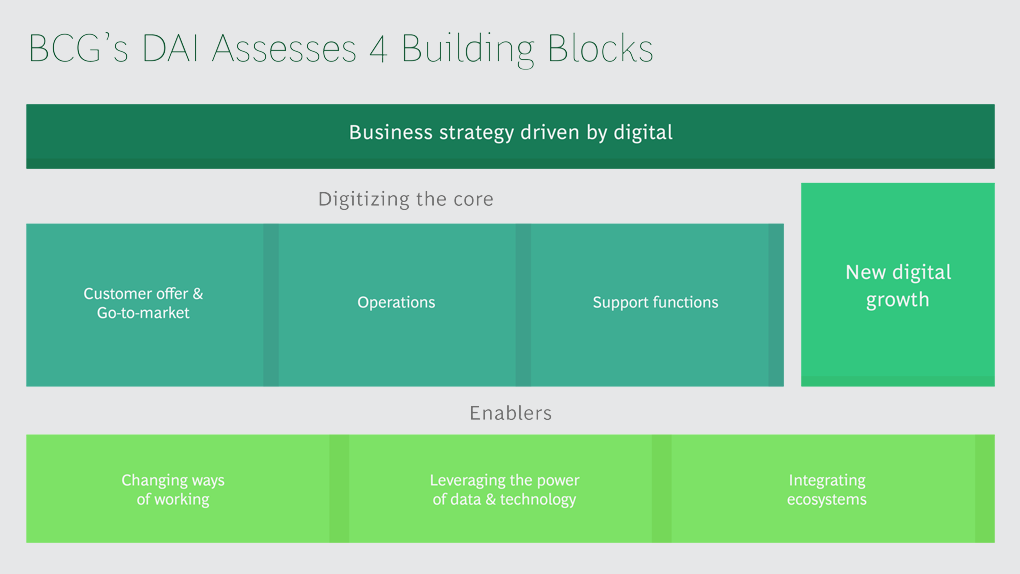
BCG Digital Acceleration Index
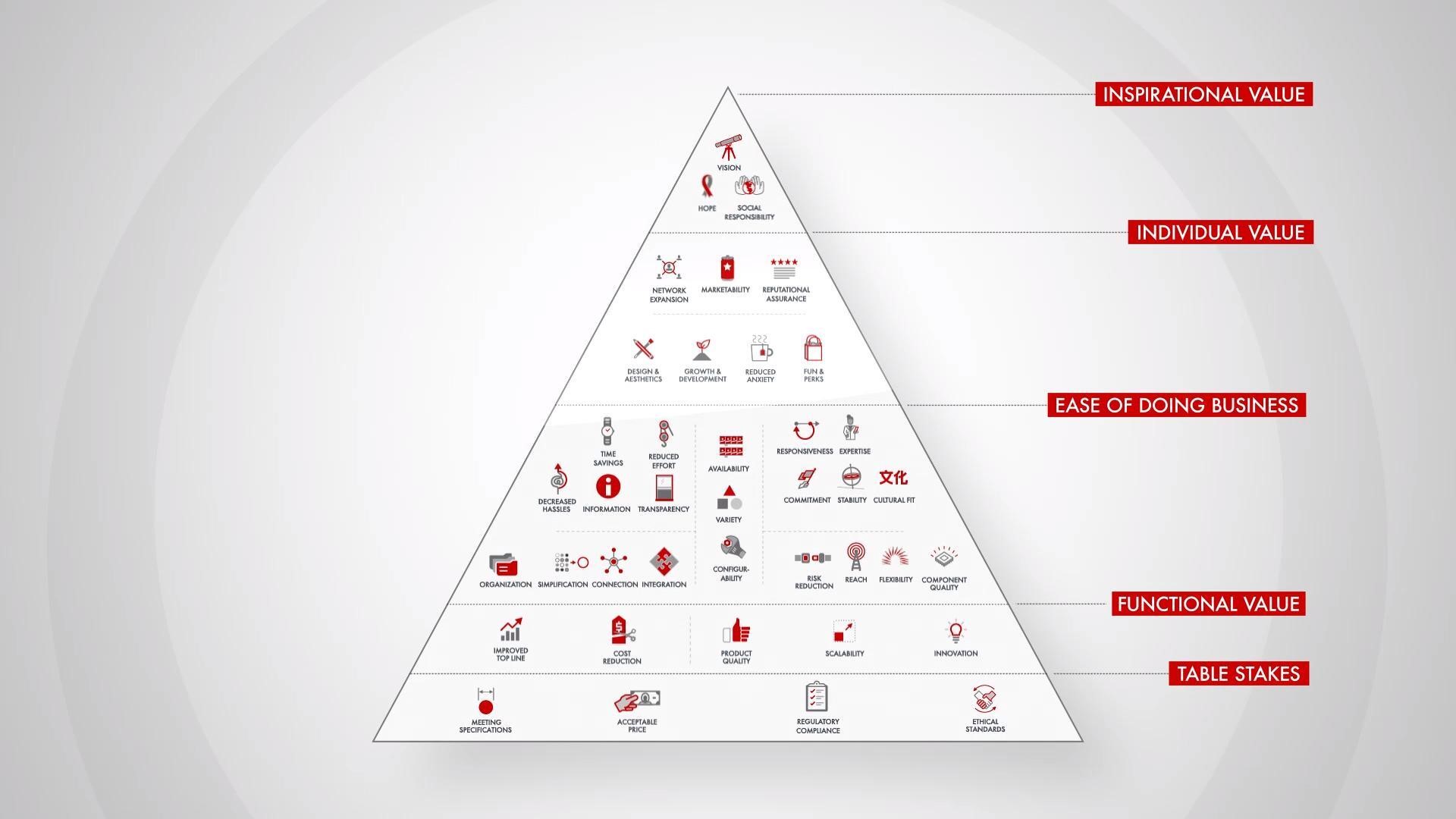
Bain’s Elements of Value Framework
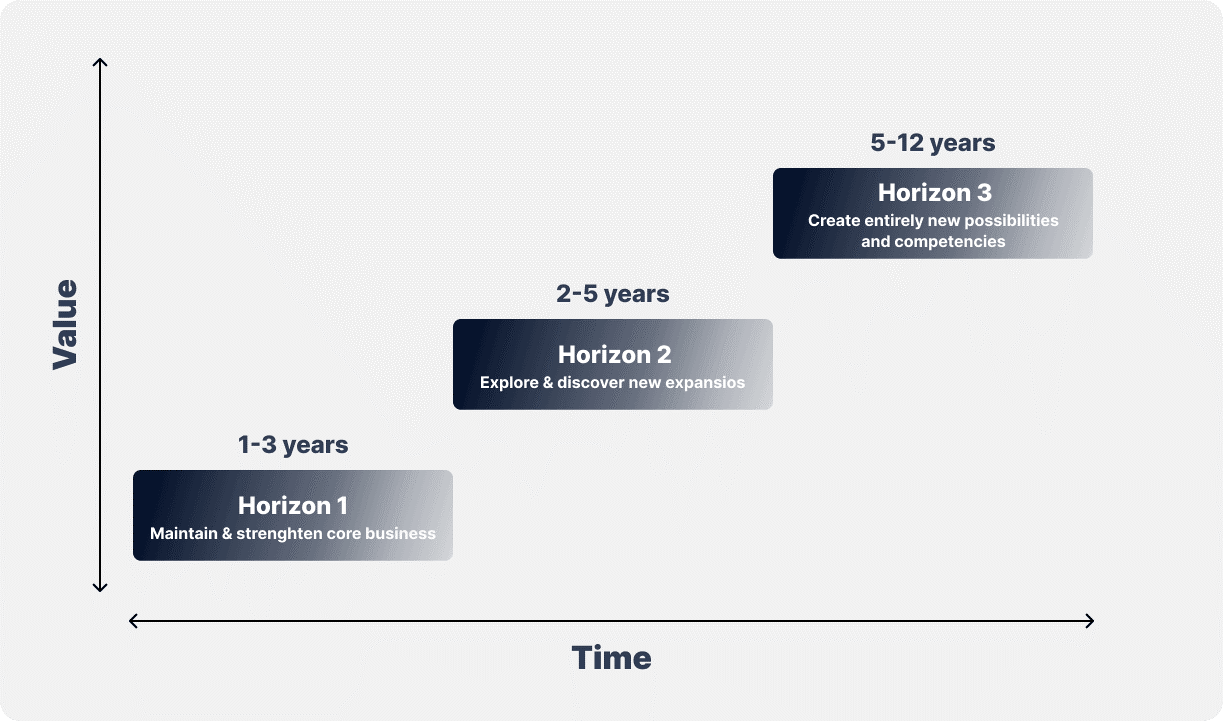
McKinsey Growth Pyramid
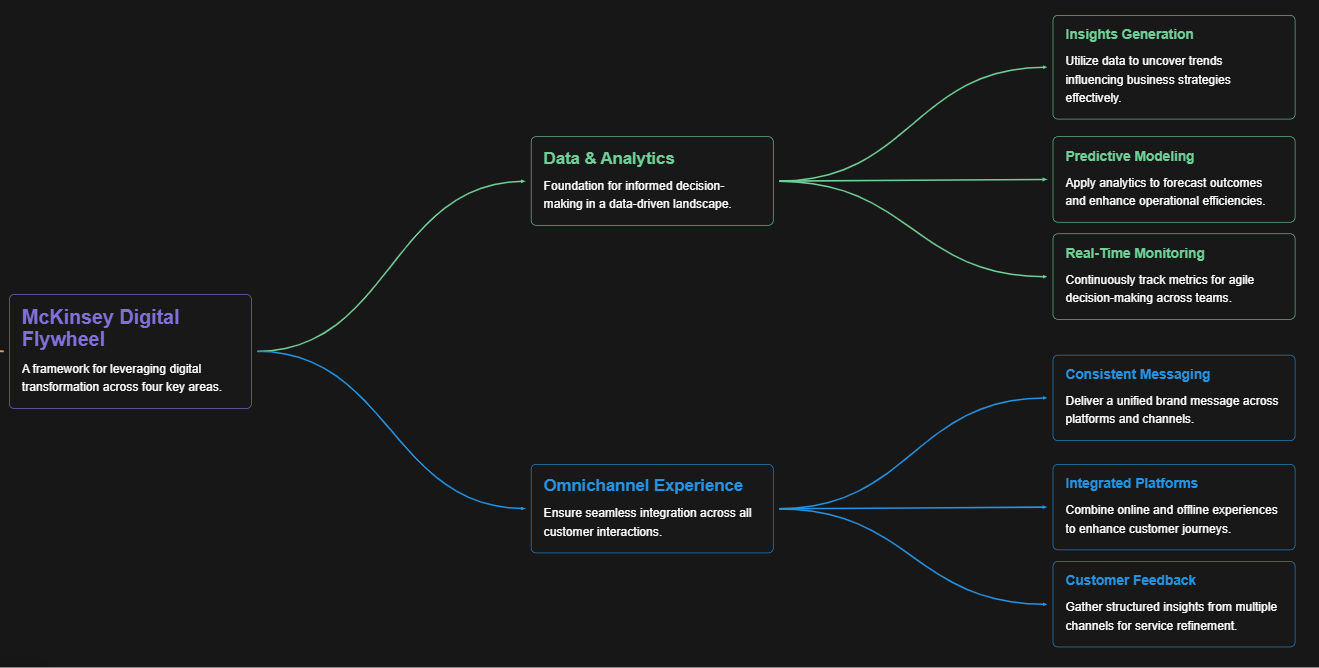
McKinsey Digital Flywheel
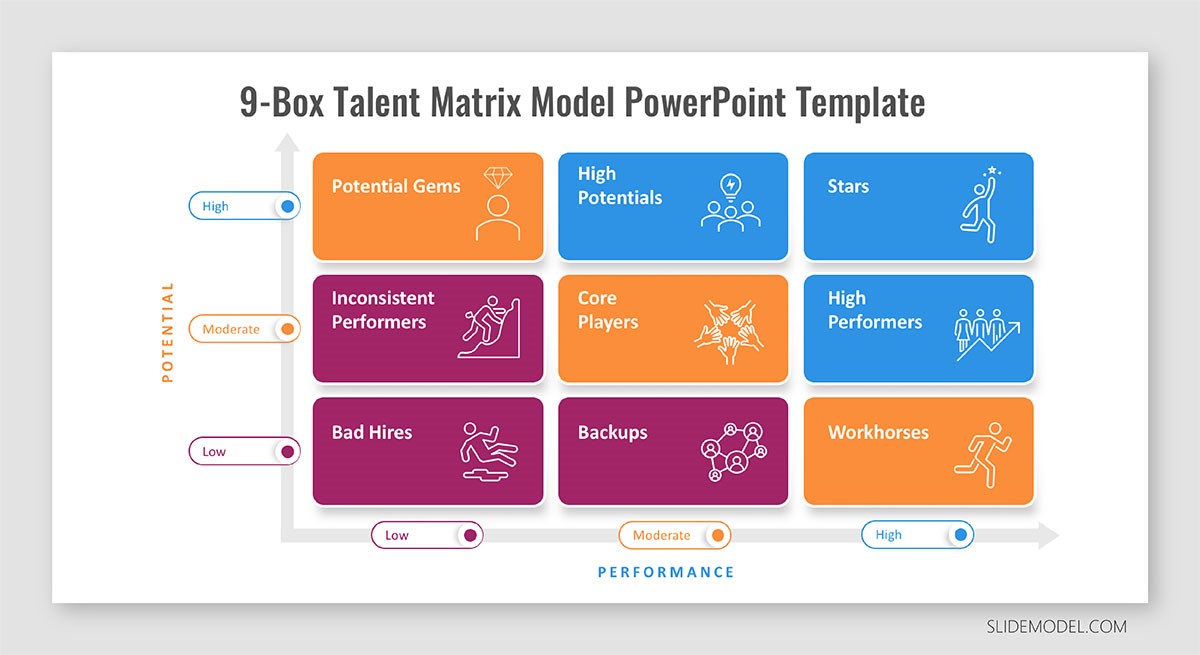
McKinsey 9-Box Talent Matrix
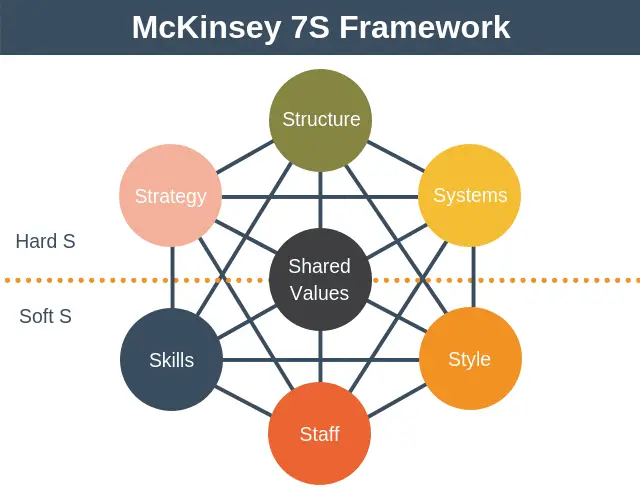
McKinsey 7S Framework
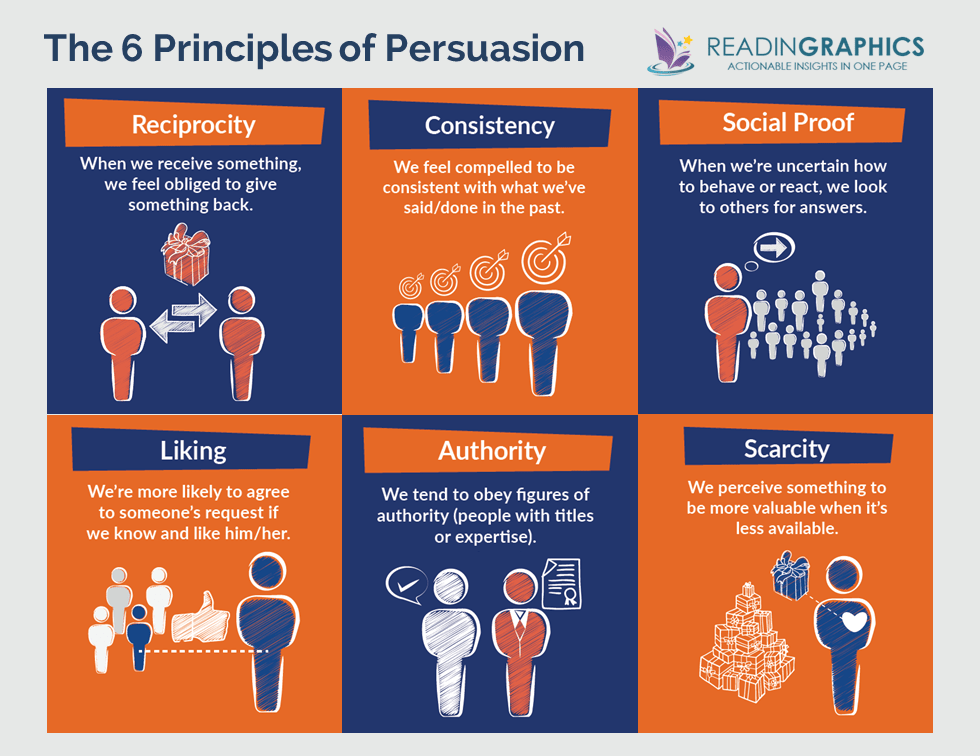
The Psychology of Persuasion in Marketing

The Influence of Colors on Branding and Marketing Psychology








